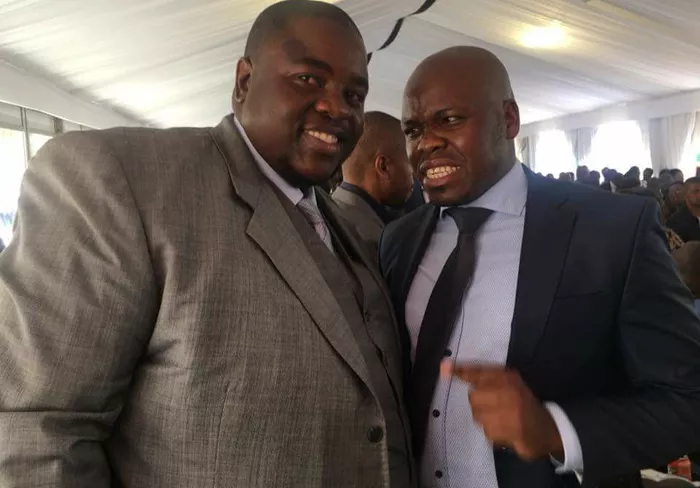HARARE – In a country where many struggle to afford basic meals, controversial businessman Wicknell Chivayo has stirred public outrage again—this time by gifting more than US$250,000 and two luxury cars to his longtime friend Joseph Tazviona Mhaka.
Chivayo, known for his flashy lifestyle and close ties to Zimbabwe’s political elite, made the announcement on social media. He posted a photo and a message addressed to Mhaka, praising him and revealing the extravagant birthday gifts: a 2025 Toyota Land Cruiser VXR 300 Series and a 2025 Toyota Fortuner 4×4 for Mhaka’s wife, Ruby.
“Before I forget, my finance director has your small birthday pocket money of US$250,000 in cash to spoil yourself and your family. This is the little I can afford,” Chivayo wrote in the post.
Though now based in Zimbabwe, Mhaka is said to remain under watch by international authorities. His links to powerful figures in Zimbabwe may have helped shield him from arrest or extradition. He keeps a low profile in public but often posts luxurious content online.
Auditor-General reports and parliamentary probes revealed that Chivayo failed to deliver any power infrastructure, despite receiving substantial payments. Despite this, he has avoided prosecution and maintained strong ties to high-level officials in the ruling ZANU PF party.
In recent years, Chivayo has rebranded as a philanthropist, posting images of himself donating cars to musicians, pastors, and social media personalities. Critics argue that these acts serve to polish his public image while concealing continued access to lucrative state contracts.
Chivayo’s lavish gifts to Mhaka have drawn sharp criticism online. Many Zimbabweans questioned how someone with a history of fraud and unresolved corruption scandals can openly spend so much while public servants earn less than US$200 a month.
“Why is he flaunting cash while teachers and nurses can’t afford rent?” one social media user wrote.
Analysts say the birthday gesture reflects a wider issue: the impunity of politically connected elites in Zimbabwe. They argue that such displays of wealth raise serious ethical questions at a time when the country is facing deep economic challenges and struggling to pay public sector wages.


